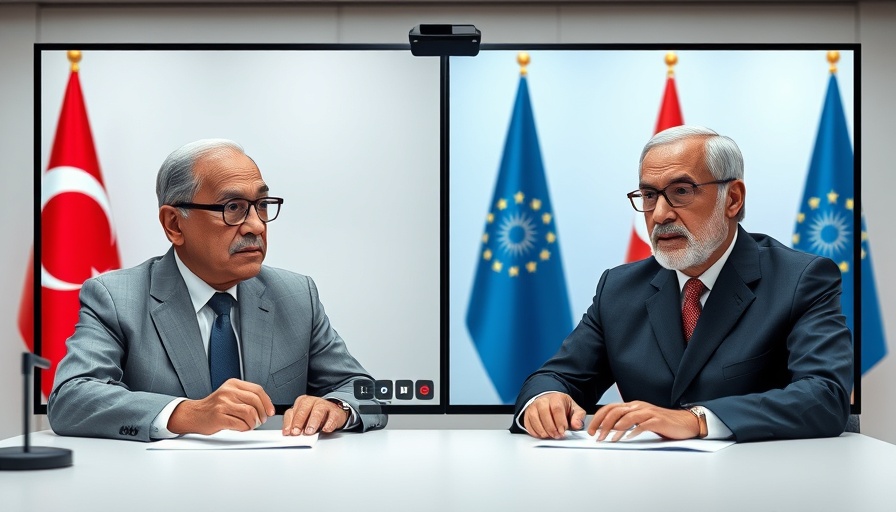
President Cyril Ramaphosa Champions Peace Efforts in Ukraine
In a significant diplomatic move, South African President Cyril Ramaphosa has engaged with European leaders to drive forward peace negotiations in the ongoing conflict between Russia and Ukraine. Following a series of thoughtful discussions with Ukrainian President Volodymyr Zelenskyy, French President Emmanuel Macron, and Finnish President Alexandar Stubb, Ramaphosa has voiced his commitment to navigating this complex geopolitical landscape. His proactive approach reflects an intention to take on a pivotal role in fostering cooperation and dialogue amid heightened global tensions.
Implications of South Africa's Involvement
The engagement of South Africa in the Russia-Ukraine peace process, particularly under the leadership of Cyril Ramaphosa, is noteworthy. It not only underscores the potential of the Government of National Unity (GNU) to play a vital diplomatic role but also signals a shift in international perceptions of Africa’s political relevance. Ramaphosa's ability to mediate discussions between conflicting parties demonstrates the African National Congress’s (ANC) new strategy of leveraging international relationships to enhance South Africa's global standing.
The Role of European Leaders in Peace Talks
With European leaders like Macron expressing appreciation for South Africa's efforts, there is an evident recognition of the need for diverse perspectives in resolving the crisis. Ramaphosa highlighted that these discussions resulted in a renewed commitment by European nations to explore collaborative peace efforts. This collective mindset is crucial as it suggests a willingness to transcend traditional power dynamics, paving the way for inclusive dialogue that could yield positive outcomes for both Ukraine and Russia.
Historical Context: The Roots of the Conflict
The ongoing conflict between Ukraine and Russia has complex historical roots, largely stemming from geopolitical interests and long-standing territorial disputes. The altercation escalated dramatically since 2014 with Russia's annexation of Crimea, which provoked international condemnation and a series of sanctions against Moscow. The current dialogue spearheaded by leaders like Ramaphosa is critical, as it seeks to broker peace amid this fraught backdrop while also representing the voices typically marginalized in Western-dominated narratives.
Future Predictions: Towards a Sustainable Peace
As the talks unfold, both local and international observers are keenly interested in the implications of these diplomatic efforts. The future of the peace process is contingent upon a variety of factors, including the political will of key stakeholders, the internal dynamics of opposition parties, and the public sentiment regarding the war. In the wake of the 2024 general elections and the upcoming 2026 municipal elections in South Africa, the outcomes of these discussions will not only impact international relations but could also resonate domestically, influencing voter turnout and shaping electoral rhetoric.
Reflections on Domestic Politics and International Relations
The backdrop of Ramaphosa’s international diplomacy offers a lens through which South Africans can reflect on their domestic political landscape. As President Cyril Ramaphosa navigates these peace talks, there lies a double-edged sword; on one hand, he is tasked with positioning South Africa as a mediator in global issues, while on the other, he must address pressing domestic challenges such as state capture, corruption, and public service delivery. The intersection of these realms underscores the importance of effective governance and accountability, essential for sustaining international partnerships.
Call to Action: Engage In Global Dialogue
The gravity of the Russia-Ukraine conflict and its implications highlight the necessity for increased civic engagement within South Africa and beyond. Professionals are encouraged to partake in local forums focusing on global issues, enhancing understanding and fostering actionable insights. By enhancing our collective engagement, we have the potential to drive change at both community and international levels.
 Add Row
Add Row  Add
Add 




Write A Comment